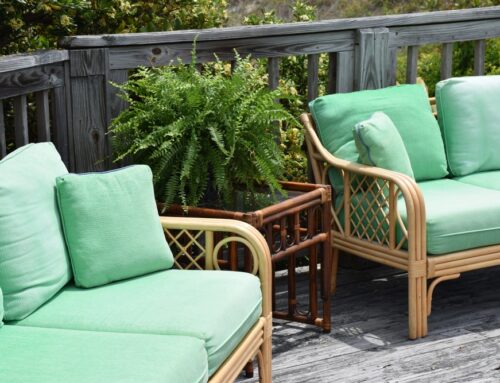Just as a necktie establishes the style of a man’s suit, trim work often makes the most definitive statement about the style of a home. Simply put, very often the trim in a room speaks volumes.
Very often those trimmings are constructed from medium-density fiberboard (MDF) because architects are finding this material has the inherent ability to outperform lumber in every important aspect. MDF, as its name implies, is made from wood and agricultural fibers. This means it has a much denser makeup and smoother surface.
Another advantage MDF has over lumber is that it offers larger maximum piece dimensions. This means that lengths of up to 16 feet are available with full-thickness. There are no knots or splits to deal with and no warping. It is also lighter to work with (20 percent lighter) and a lot easier to caulk. What’s more, because the trim is something that buyers look for in a new home, the advantages of MDF are something contractors and builders are very much aware of.
In addition to trim, MDF is popular for use in cabinets and often takes center stage in home theatres. High-end speaker cabinets, for example, are 100 percent MDF constructions because it is dense, rigid and acoustically inert. A properly designed MDF speaker cabinet will focus the maximum “acoustic energy” on the listener while keeping vibration transmission to a minimum.
According to the Composite Panel Association, while MDF molding is widely available pre-primed, it can easily be stained or laminated with printed foils and veneers. Also, it installs just like finger-jointed lumber, with the same tools.
Besides its beauty, of particular interest to homeowners is that molding made of medium-density fiberboard costs about one-third the price of traditional solid or finger-jointed wood.




